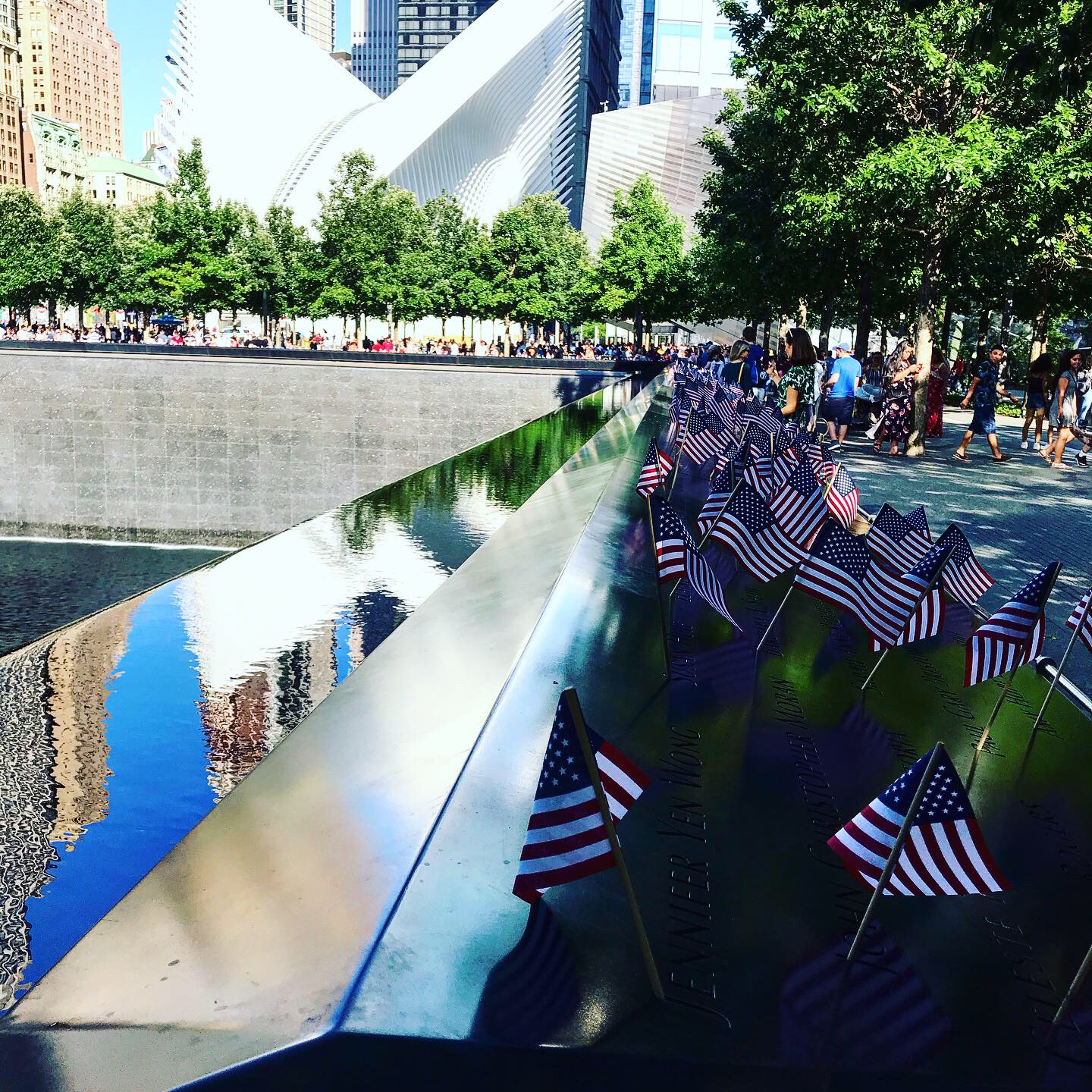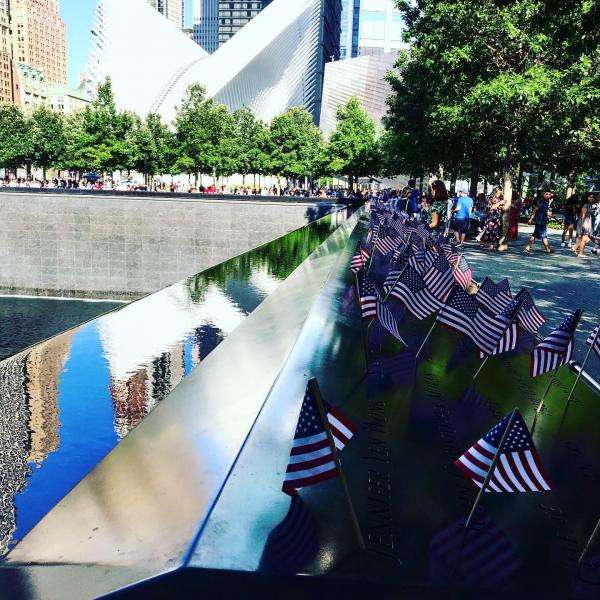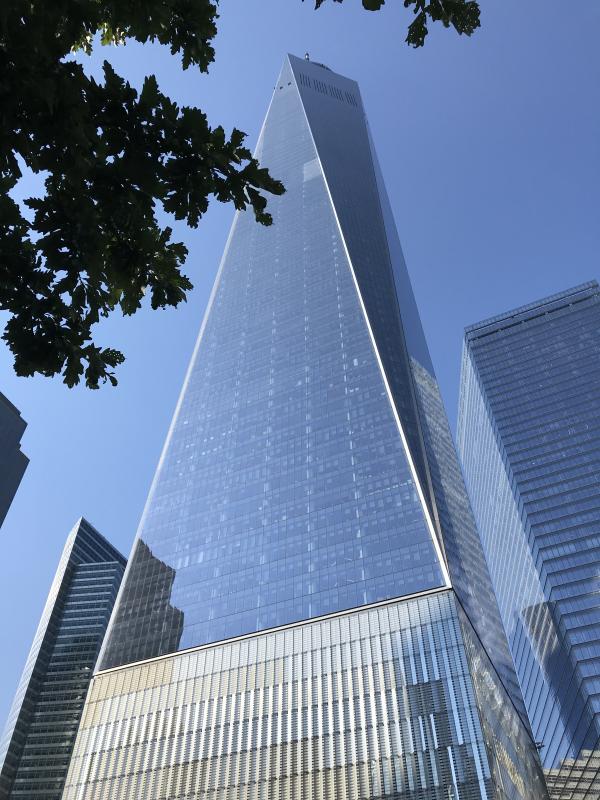KID REPORTERS’ NOTEBOOK
Remembering the Heroes


A memorial in New York City commemorates the September 11, 2001, attacks at the World Trade Center, which killed nearly 3,000 people.
On September 21, 2001, the United States Congress passed the September 11th Victim Compensation Fund (VCF). The VCF provided benefits to the family members of those who were killed in the terrorist attacks of September 11, 2001. People who were injured in the attacks also received compensation.
Nearly 3,000 people were killed in the 9/11 attacks in Lower Manhattan, after two hijacked planes struck the Twin Towers of the World Trade Center.
When the planes struck the buildings, first responders and others rushed in to try to bring people to safety. The first responders who survived would later inhale toxic contaminants while searching for the victims’ remains in the rubble. The search, and the clean-up effort by construction workers, lasted for months.
In 2010, Congress expanded the scope of the VCF to include benefits for 9/11 first responders and relief workers who began to develop cancer and other serious illnesses. The ailments were tied to their work at the site of the attacks. According to experts, the number of people who die from 9/11-related illnesses will likely surpass the nearly 3,000 killed in the Trade Center attacks.
“WORRIED ABOUT OUR CHILDREN”
Members of Congress and many Americans pledged that they would “never forget” the heroes who risked their lives to help others on 9/11. But for years, Congress failed to approve long-term funding for the health-care needs of ailing first responders. As the fund dwindled, individuals with life-threatening illnesses made impassioned pleas before Congress for money to pay their medical costs.
New York City detective Luis Alvarez traveled to Washington in June to testify before the House of Representatives. “The 9/11 illnesses have taken many of us,” Alvarez said, “and we are all worried about our children, our spouses, and our families, and what happens if we are not here.”
Days later, Alvarez died of cancer. He developed the disease after he spent three months digging through the toxic debris at the Trade Center, searching for the bodies of victims.

One World Trade Center is the main building of the complex in Lower Manhattan that was rebuilt after terrorist attacks left the area in ruins.
EXTENDING THE FUND
After Alvarez’s testimony, I contacted the office of Senate Majority Leader Mitch McConnell, who represents my state of Kentucky. I wanted to find out why McConnell had delayed the new funding bill. A staff member in one of McConnell's offices told me, “The bill doesn’t expire until next year. There’s no rush.”
But money was running out, and ailing workers were worried. McConnell’s delay enraged comedian Jon Stewart, who has advocated for the first responders for years. “Your indifference cost these men and women their most valuable commodity—time,” Stewart told Congress in June.
On July 23, the bill finally passed the Senate, 97-2. Senator Rand Paul, a Republican from Kentucky, and Senator Mike Lee, a Republican from Utah, were the only lawmakers to vote against it.
“This should have never been a fight,” said Senator Kirsten Gillibrand, a Democrat from New York who co-sponsored the legislation. “It should have never taken this long to pass this bill and make it permanent.”
On July 29, President Donald Trump signed the bill to extend the 9/11 Victim Compensation Fund into law. Without Congress’s reauthorization, the fund would have run out of money by December 2020. Compensation for 9/11 workers is now ensured through 2090.
“We can never repay all that the 9/11 community has done for our country,” Stewart said. But, he added, now first responders can begin “the process of being able to heal without the burden of having to advocate.”
